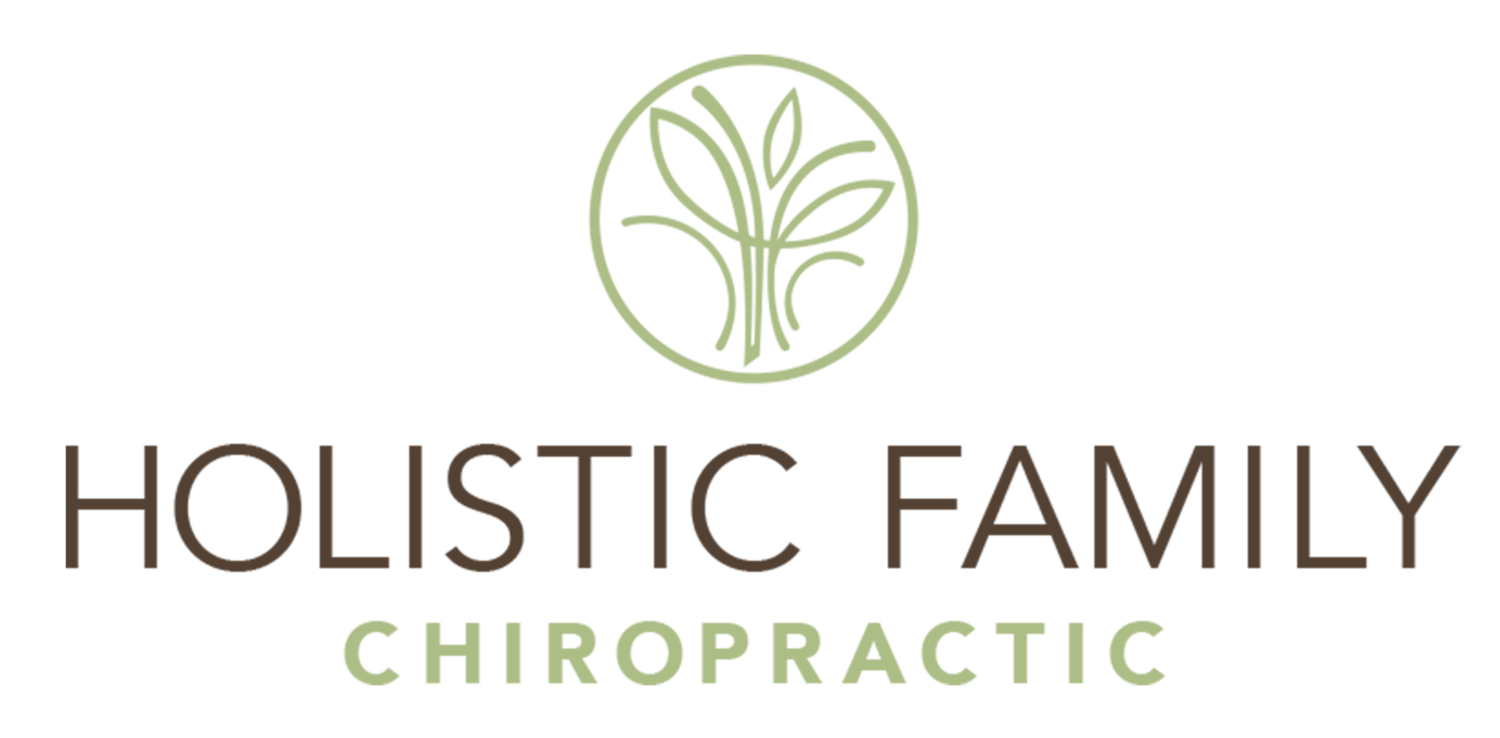Insights from Think Well: Starting a Gratitude Practice
Let’s explore the transformative power of gratitude, inspired by our recent workshop, "Think Well: Starting A Gratitude Practice," led by Dr. Nate and our friend and colleague, Lisa Wood.
Understanding Gratitude
Gratitude is more than a simple "thank you." It's a profound practice that involves recognizing and appreciating the positive aspects of life, whether big or small.
Lisa Wood, a licensed art therapist and wellness coach, emphasized that gratitude is not about comparing ourselves to others or feeling superior because of our possessions or achievements. Instead, it's about fostering a sense of connection, abundance, and well-being.
Gratitude is deeply linked to happiness and mindfulness. It encourages us to focus on what we have, rather than what we lack, and helps cultivate virtues like kindness and love.
In various cultures, gratitude is expressed through community sharing and acts of kindness.
The Science Behind Gratitude
On a subconscious thought level, we are impacted by our upbringing, habits, personality, and traumas, which have already established neural pathways in our brain that either help us or hinder us.
On a conscious level, our thoughts are talking to us all the time telling us a story about our life, which creates an image in our minds, linked to chemicals that then reinforce those thoughts.
Repetitive thoughts ⟶ Create neural pathways.
The good news? We can build new neural pathways that combat our automatic negative thinking that has been built into us for survival.
A gratitude practice is one of the most effective tools for cultivating positive emotion & resilience.
The Research on Gratitude
Research shows that a regular gratitude practice can significantly impact our mental and physical health.
It increases feelings of energy, alertness, and enthusiasm, and helps us cope with stress. Gratitude also boosts self-worth, self-confidence, and generosity, releasing dopamine and serotonin—our brain's "feel-good" chemicals.
Moreover, gratitude can improve cardiac health, enhance sleep quality, and increase our propensity to exercise. Dr. Nate shared a fascinating study revealing that chiropractic adjustments can boost serotonin production, further supporting the holistic approach to health.
Starting Your Gratitude Practice
Journaling: Begin by setting aside a few minutes each day to write down things you're grateful for. Start small—perhaps you're grateful for a roof over your head or a warm cup of coffee. Over time, this practice can rewire your brain to focus on positivity.
Breathwork: Incorporate gratitude into your breathing exercises. Dr. Nate demonstrated a simple technique: inhale deeply, hold, and think, "I'm grateful for this breath," then exhale slowly. This practice connects your mind and body, enhancing your sense of gratitude.
Connection & Sharing: Write a letter to someone who has positively impacted your life. Expressing gratitude strengthens relationships and fosters a sense of community.
Power Posture: Stand tall with your palms facing up and look towards the ceiling. This posture radiates positivity and makes it difficult to dwell on negative thoughts.
Practice & Reflect: Regularly reflect on your gratitude practice. Acknowledge the hardships in your life without minimizing them, and strive to live authentically.
The Holistic Connection
At Holistic Family Chiropractic, we believe in the power of a holistic approach to health.
Gratitude is a key component of this philosophy, helping align your mind and body for optimal well-being. As Dr. Nate wisely said, "Thoughts are things." By cultivating positive thoughts, we can transform our lives.
For those who have experienced trauma or mental health struggles, jumping straight into gratitude might feel overwhelming. It's crucial to address these underlying issues first.
Gratitude should not be an added stressor but a tool for healing and resilience.
We invite you to embrace gratitude and experience its profound benefits.
Let us support you in your first act of gratitude–taking care of your health. If you’re not on our schedule for this month, give us a call or you can set up an appointment using the following link.




